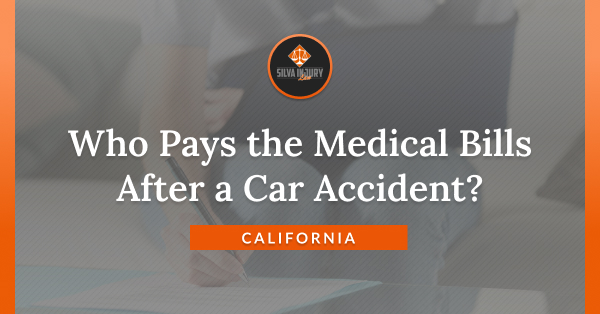
Recovering from a car accident has enough challenges for victims, without even factoring in the financial complications. Many accident victims find themselves asking, if I go to the hospital after a car accident, who pays?
The answer, unfortunately, is not always straightforward.
Sometimes, the at-fault party pays the medical bills in a car accident. In other cases, your MedPay coverage or health insurance might initially pick up the tab.
Fortunately, when you hire Silva Injury Law, you’ll have a compassionate and experienced ally to guide you through the complex landscape of insurance claims and compensation.
Rest assured, you won’t be left bearing the financial burden alone. We aim to help you understand your rights and options for covering medical expenses after a car accident in California.
If you’re unsure about who is responsible for covering your medical expenses following a car accident, please reach out to Silva Injury Law online or call (209) 600-4389 today for a free consultation.
California Is an At-Fault State for Car Accidents
California operates under an at-fault insurance system, meaning the party responsible for causing the accident is generally liable for the damages, including medical bills. This process differs from no-fault states, where each party initially files a medical expense claim under their own policy, usually called PIP.
Determining fault and securing compensation for a car accident can involve multiple parties, insurance companies, and legal considerations, and resolving these issues can take considerable time. At the core of these considerations is the principle of negligence. To successfully prove negligence, you must provide evidence of four key elements—duty of care, breach of duty, causation, and damages.
Understanding these elements is an important step in getting your medical bills paid after a car accident in California. Whether through insurance claims, legal action, or alternative arrangements, knowing your rights and the applicable laws is crucial.
Initial Options for Covering Medical Bills
Navigating medical bills after a car accident can be daunting. However, there are initial steps you can take to manage the process effectively, such as utilizing your own health insurance or submitting a claim under MedPay.
1. Utilizing Personal Health Insurance
If you have personal health insurance, it can serve as a crucial resource for covering your medical expenses. However, it’s essential to understand the role of deductibles and copays. Your health insurance provider may require you to pay a predetermined deductible before coverage kicks in. Additionally, copays may apply to specific services or treatments, requiring you to contribute a fixed amount out of pocket.
Health insurance companies will typically ask whether your treatment is related to a car accident. If so, the company might not initially agree to cover your bills as it expects the at-fault party to pay your expenses.
2. MedPay Benefits
Medical Payments coverage (MedPay) is an optional feature of auto insurance policies that provides immediate coverage for medical expenses resulting from a car accident, regardless of fault. Unlike liability coverage, MedPay will cover your medical bills and those of your passengers up to the policy limits. This coverage can be particularly beneficial for addressing immediate medical needs without delay. However, MedPay policies often have low limits, so this coverage might not cover all your bills.
When Another Party Is Liable
If another party caused the accident, you can seek compensation for your medical bills and other damages. The average cost of car accident medical bills varies depending on the type and severity of your injuries, so it’s important to explore your options.
Filing a Claim Against the At-Fault Driver’s Insurance
One option is to file a claim against the at-fault driver’s insurance company. This process involves submitting evidence of the other party’s negligence and documenting your medical expenses and other losses. An experienced attorney can assist you in preparing and presenting your claim to maximize your chances of receiving fair compensation.
Personal Injury Lawsuit
If your medical expenses exceed insurance limits or if you’ve sustained significant injuries, filing a personal injury lawsuit may be necessary. Personal injury lawsuits allow you to seek compensation for medical bills, lost wages, pain and suffering, and other damages. However, litigation can be complex and time-consuming, requiring a skilled attorney to assist.
Understanding Auto Insurance Policy Limits
Auto insurance policy limits define the maximum amount an insurer will pay for covered losses. When it comes to medical expenses, policy limits can significantly impact your ability to cover your bills entirely. What happens if medical bills exceed policy limits?
If your medical expenses exceed the at-fault driver’s policy limits, you may face challenges obtaining the compensation you deserve. It’s essential to assess your own policy limits and explore additional coverage options to bridge any gaps in coverage. One possible example is Uninsured Motorist (UIM) coverage.
Dealing with Uninsured or Underinsured Drivers
Recovery for medical bills can be more challenging in cases where the at-fault driver is uninsured or underinsured. However, you may still be able to pursue compensation through your insurance policy’s uninsured/underinsured motorist coverage. Additionally, legal remedies may be available to hold the responsible party accountable for their actions, even if they lack insurance coverage.
Note: UM/UIM coverage is not automatically included in your auto coverage; it’s an elective coverage that increases your monthly premium. Insurance companies are obligated to offer you the coverage, but you might’ve declined it by signing a waiver.
Additional Options Beyond Auto Insurance
When insurance coverage proves insufficient to cover your medical bills after a car accident, you may explore alternative options, such as agreeing to a medical provider placing a lien on your settlement or exploring government programs that can help reduce the financial burden of your medical expenses.
Medical Liens
In cases where insurance coverage falls short, medical providers may agree to place a lien on any settlement or judgment you receive from the at-fault party. A medical lien allows the provider to recover the outstanding balance for services rendered directly from your settlement proceeds.
Charitable Organizations and Government Programs
In cases of financial hardship, charitable organizations and government programs may offer assistance with medical expenses. These resources might provide relief for individuals facing overwhelming medical bills and limited financial resources. Exploring available programs and seeking guidance from social services can help identify sources of support during challenging times.
Long-term Financial Considerations
Beyond immediate medical bills, it’s crucial to consider the long-term financial implications of a car accident and your medical expenses.
Managing Ongoing and Future Medical Costs
Serious injuries sustained in a car accident may require ongoing medical treatment and rehabilitation. Therefore, it’s essential to develop a comprehensive plan for managing these expenses, including projected costs for future medical care. This plan may involve working with medical providers to establish payment arrangements or exploring long-term care insurance coverage options.
Negotiating with Medical Providers
When faced with substantial medical bills, don’t hesitate to negotiate with your providers to reduce costs. Many providers are willing to work with patients. They might allow you to establish a manageable payment plan or offer discounts for larger lump payments. However, you must ask about your options. Medical providers do not automatically apply discounts when not dealing directly with insurance companies.
Contact Silva Injury Law For Help After a Car Accident
Silva Injury Law is dedicated to advocating for clients and securing the compensation you deserve.
Our team of California car accident lawyers are well-versed in negotiating with insurance companies. We provide personalized attention and strategic guidance to help you navigate the complexities of your claim, allowing you to focus on your recovery. At the same time, we work tirelessly to protect your rights and interests.
Contact Silva Injury Law at (209) 600-4389 if you have questions about who pays medical bills in a car accident in California. Our legal team is ready to help you. We can explain your financial obligations and how you can get the at-fault party to cover your damages.
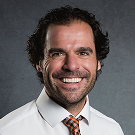
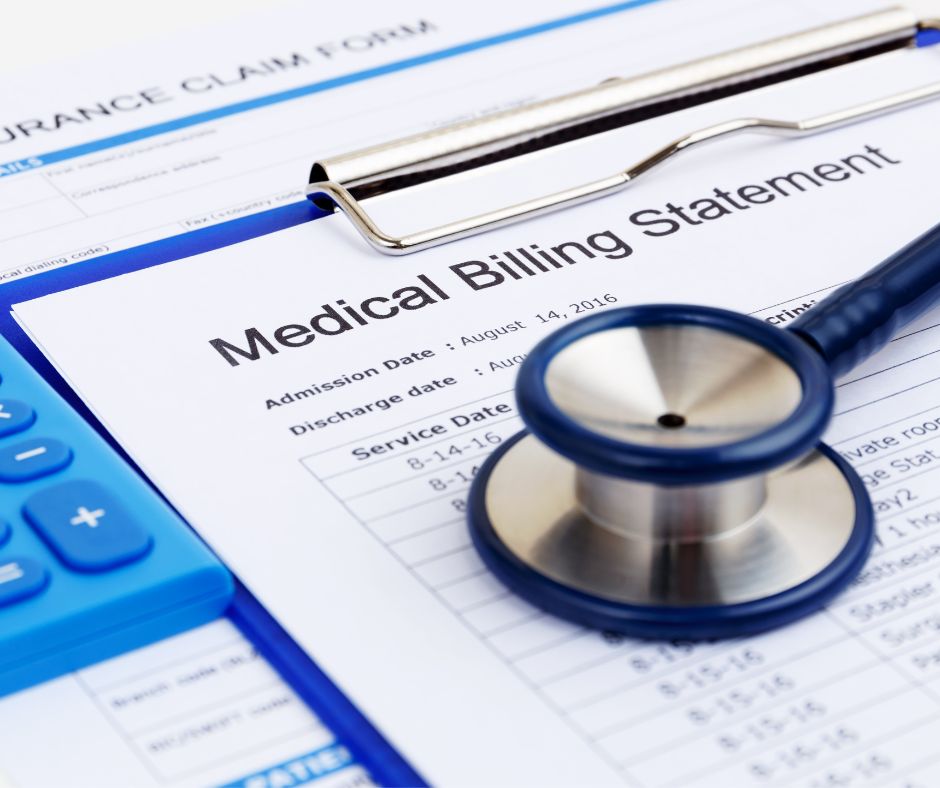
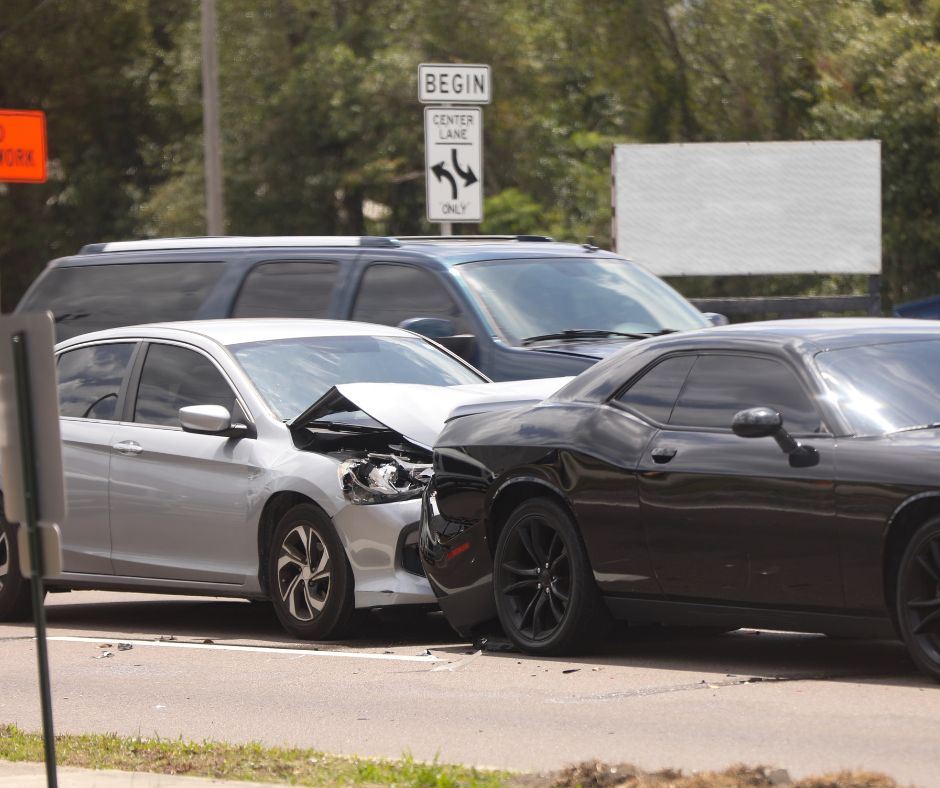



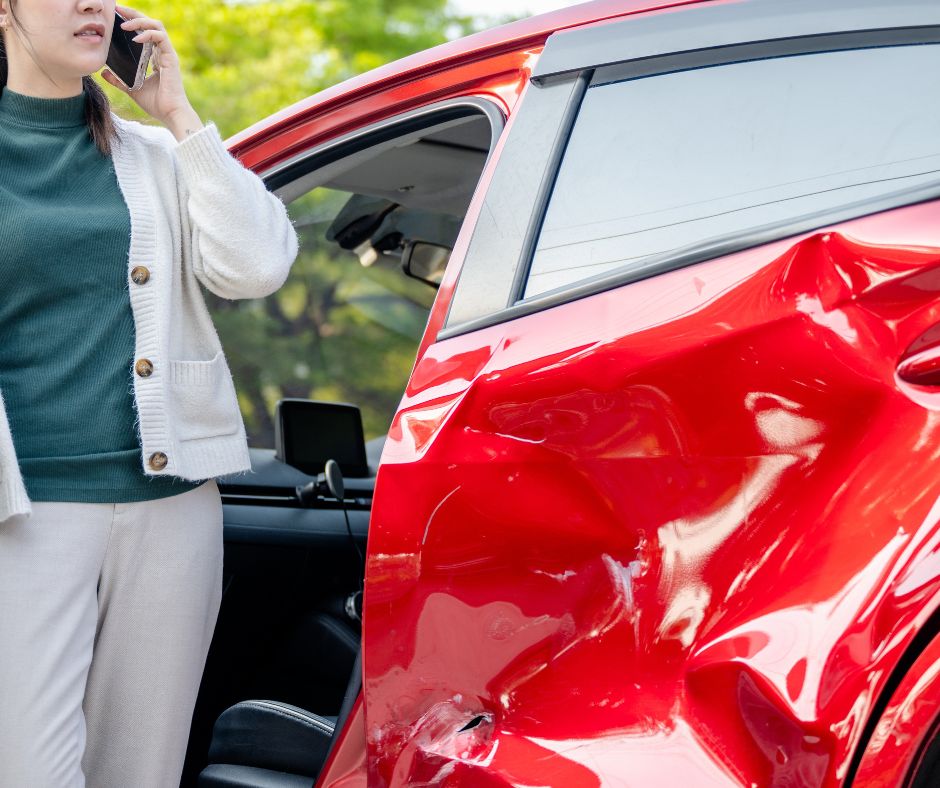
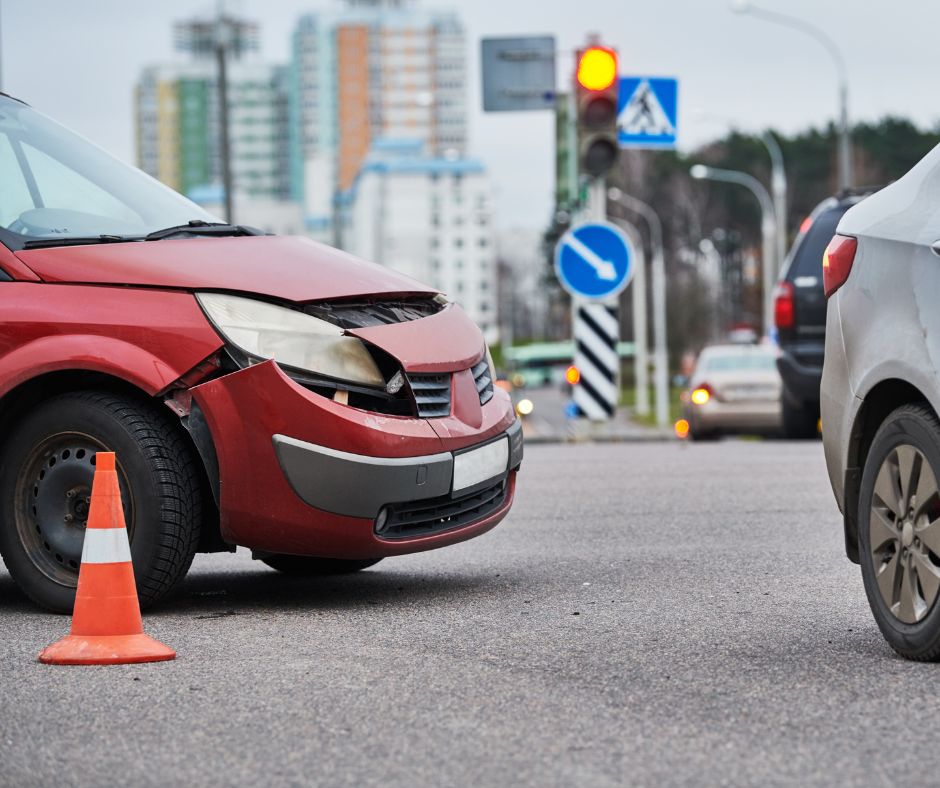



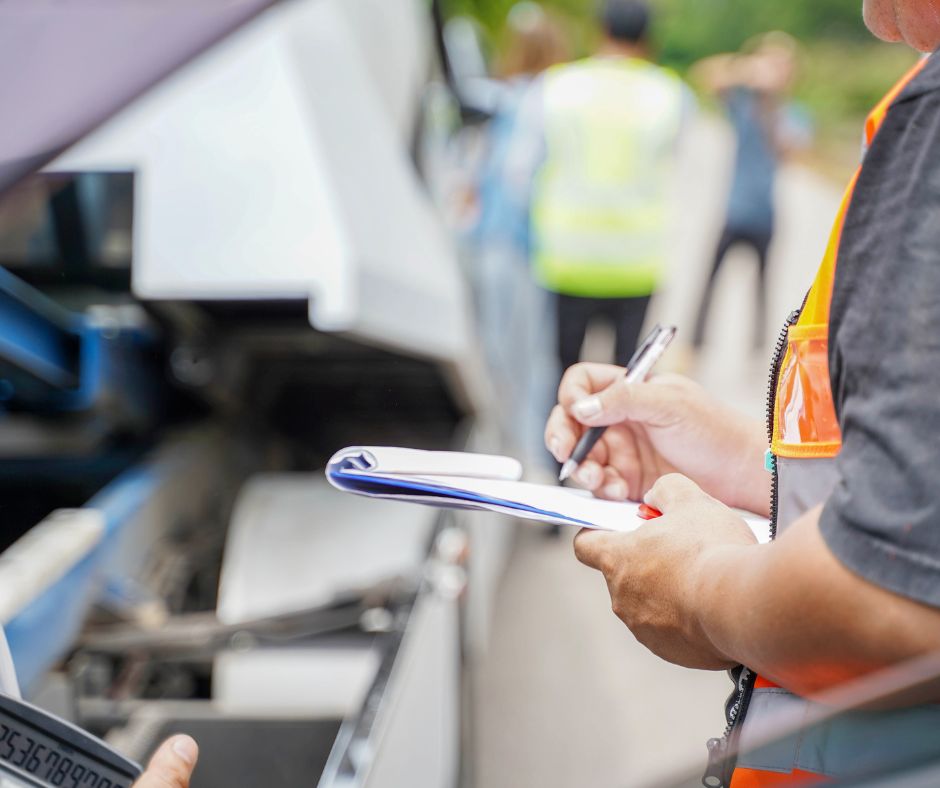
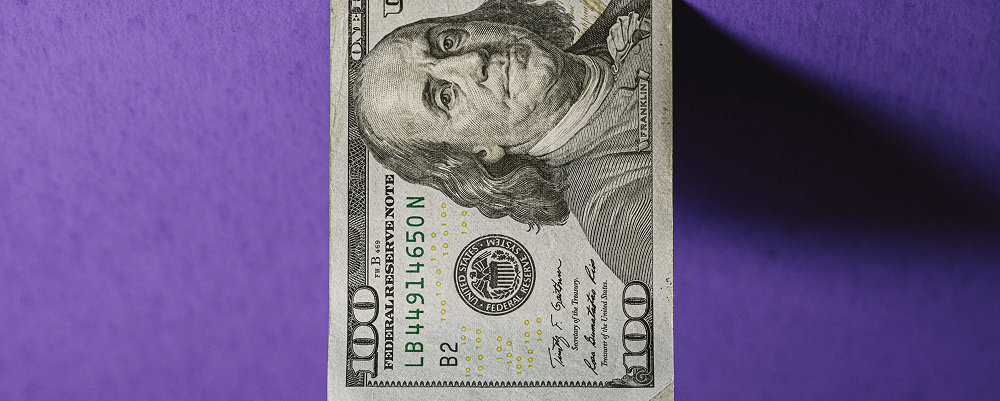
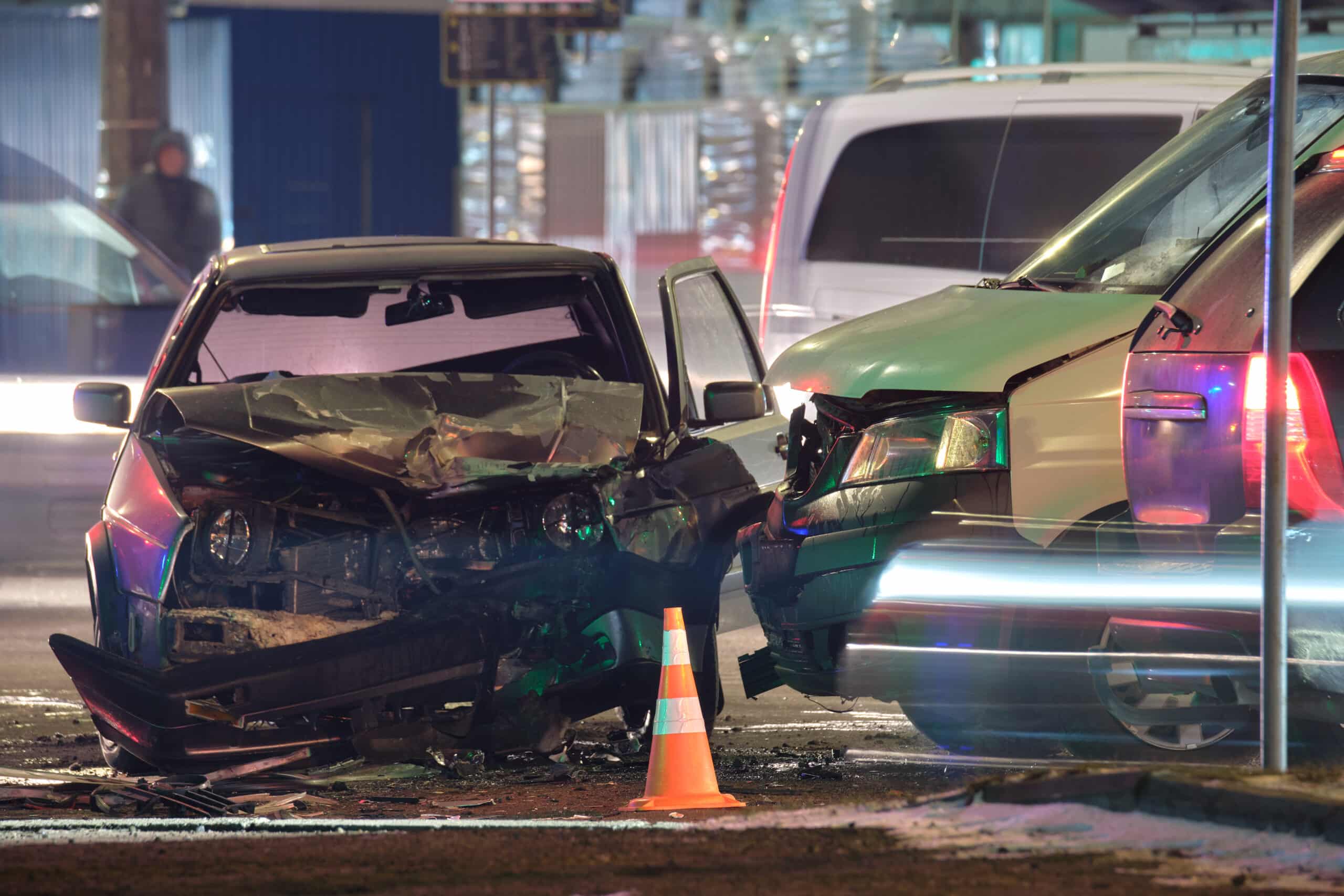




 EMAIL
EMAIL  Ask AI
Ask AI  Access
Access